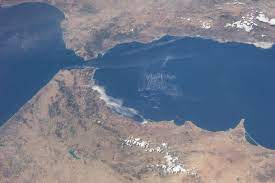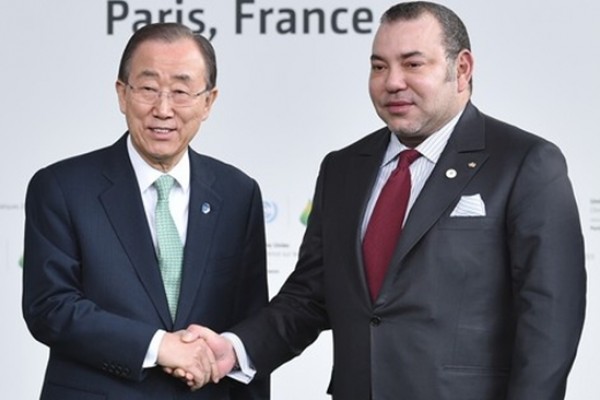The submarine tunnel project to link Morocco and Spain across the Strait of Gibraltar which was elaborated decades ago has been put on the table of discussion again on the sidelines of the 12th Moroccan-Spanish high-level meeting held this week in Rabat.
The project was at the focus of talks held between Moroccan ministers of Equipment & Water and of Transport & Logistics, Nizar Baraka and Mohamed Abdel Jalil, and Spain’s Minister of Transport and Urban Programs, Raquel Sanchez Jimenez.
During the talks, the two sides committed to set a date in the coming days for a meeting of the joint committee, in order to discuss the next steps regarding the submarine tunnel project between Spain and Morocco across the Strait of Gibraltar.
As previously agreed upon, the projected 28 kilometers-long tunnel would lay across the seabed at the intersection of the Atlantic and Mediterranean, at a depth of 300 meters, and would link Punta Paloma (Tarifa) with Malabata (Tangier).
The Spanish minister was quoted by Spanish media as saying “We will give impetus to the studies of the project to link the Strait of Gibraltar, which was initiated by both countries forty years ago.” He described the project as “strategic for Spain and Morocco, as well as for Europe and Africa.”
Although it was not on the official agenda of the high-level meeting, the project had been in the working for some months now.
The Moroccan Government Council approved in November the appointment of Abdelkabir Zhoud as Director General of the National Company for the Studies of the Strait of Gibraltar of the Ministry of Equipment and Water, a step forward in the promising Morocco-Spain maritime tunnel project.
The company is tasked with coordinating with the Spanish Company for Fixed Telecommunications Studies Across the Strait of Gibraltar (SECEGSA), in order to re-examine the underwater tunnel project linking Morocco and Spain.
The Joint Committee was appointed to study the feasibility of linking the two continents back in 1979, a project that was affected in more than one stage by many factors, including political and diplomatic crises.
SECEGSA recently announced its inclusion among the beneficiaries of European support under Spain’s recovery plan to conduct new studies on this infrastructure.
As part of the draft budget for 2023, the Spanish government allocated €750,000 for the company, in order to prepare a new study with the participation of a German company specializing in the preparation studies related to maritime tunnels.
“Although the amount is not huge, it is a gesture from the Spanish government and a message that the project is far from forgotten, and that progress is being made to make it a reality despite the difficulty,” Spanish newspaper Larathon reported.
Izzedine Khresh, a professor of political science and international relations at Hassan II University in Casablanca, said that the appointment of a general manager of the National Company for the Studies of the Strait of Gibraltar is a signal from Morocco of its desire to reactivate the project and bring it into existence.
This project has long been the subject of a Moroccan-Spanish agreement, and promises significant material and logistical gains for both countries and continents.



